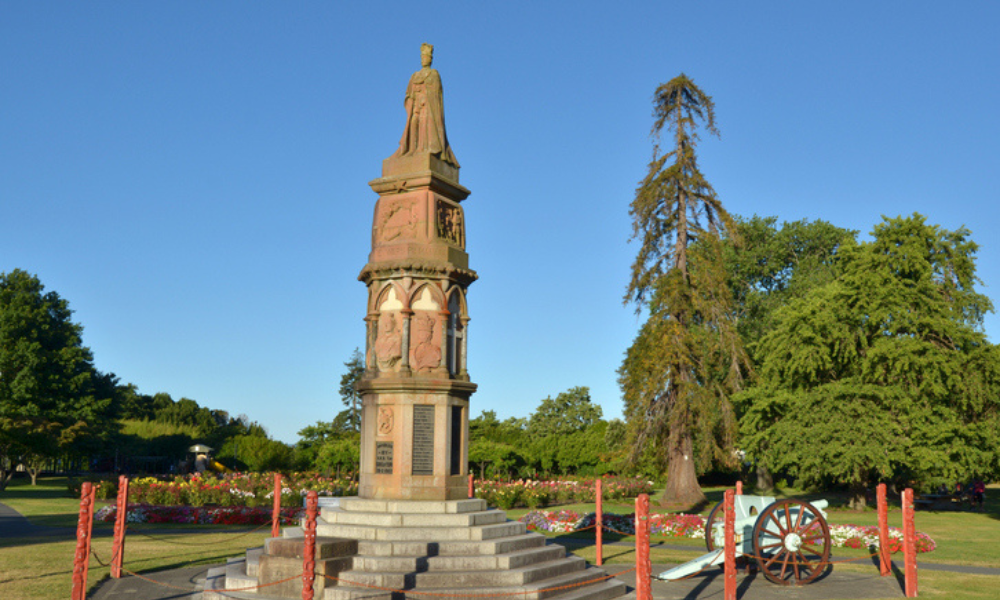Crisis has scared away tourists and "knocked the hell out" of the city's hospitality sector, he says

Rotorua has become a “ghost town” due to the increasing number of motels used as emergency housing in the city, one resident said at a hearing before three independent commissioners.
Commissioners David Hill, Sheena Tepani, and Greg Hill also heard submissions from the Ministry of Housing and Urban Development, which wants to keep running 13 motels in the city as emergency housing motels.
Appearing before the hearing on Wednesday, several residents and business owners emotionally spoke about the fear and uncertainty they faced due to the volume of emergency housing in Rotorua, RNZ reported.
“I just couldn’t believe some of the things I was hearing,” said Reg Hennessy, pub owner and resident in Rotorua for 20 years. “Some of the heartache, some of the tragic stories, some of the effects this just had in Rotorua people, it’s quite depressing. People had to move out of their houses because of threats, families have been torn apart.”
Hennessy said the increase of emergency housing had scared away the tourists and “knocked the hell out” of the city’s hospitality sector.
“We were a tourist town, we were a town of excitement, we were a town of adventure, that’s our industry, we are hospitality and tourism,” he said. “Our CBD, on any given night apart from long weekends when we do get busy, it’s a ghost town, we got zombies walking around the streets at night.”
Street violence and intimidation had also become rampant, Hennessy said.
“We have gangs, we have drug-dealing, you name it,” he said.
Read more: Emergency housing in Rotorua blamed for crimes
Rolly Rolston was forced to leave his home of 35 years in Carnot Street, in Rotorua because of the threats and abuse he was receiving, RNZ reported.
“I got called a white c* by someone I don't even know once, when I was only around my neighbourhood as I normally do. It's just not acceptable,” Rolston said. “People are scared, intimidated. People feared for their safety.”
Rolston said residents were not against emergency housing, but the community must be consulted.
“Homeless people have the right to live here [in Rotorua] as much as anyone else, but they also have the right to treat people with respect,” he said.
Trevor Newbrook, chairperson of lobby group Restore Rotorua, told the hearing that the organisation did not support people from outside Rotorua being moved into emergency housing in the city, RNZ reported.
Read next: Housing minister launches “place-based” assessment of housing issues in Rotorua
“Those families are high-risk, and have complex needs and [do] not have any association with Rotorua,” Newbrook said.
He also noted that it was the first time the community had had a voice in the matter.
“None of us were ever consulted before emergency housing became quite a big part of Rotorua,” Newbrook said.
He said he got emotional when he shared at the hearing about his daughter and grandchildren, who had to move to Nelson because they felt Rotorua was no longer safe, RNZ reported.
“We feel we have been sacrificed,” Newbrook said.
Restore Rotorua’s lawyer, Vanessa Hamm, said she was confident about how the hearing will respond to the residents’ concerns, adding that their submissions should place a significant weight on the decision.
“It’s hard to say what the commissioner will do,” Hamm said. “Their [the residents'] evidence was very genuine; it was very heartfelt and consistent on what they have been experiencing.”
The hearings will close on Nov. 1, RNZ reported.



